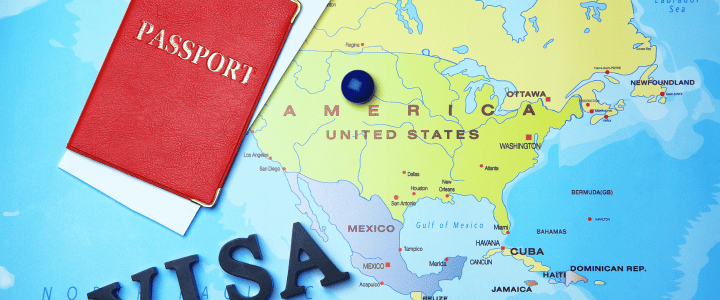Tax Havens Explained Simply: Advantages & Risks in 2025
What Is a Tax Haven?
A tax haven is a country or territory that offers low or zero taxes to foreign individuals and businesses. These places often have strict privacy laws, making it difficult for other countries to access financial information.
Tax havens are popular among the wealthy, large corporations, and international investors who want to legally reduce their tax bills or protect their assets.
Benefits of Tax Havens
Tax havens offer several financial and strategic benefits. Here are some key advantages:
1. Low or No Tax
This is the main reason people use tax havens. Individuals and companies can save a lot on income tax, capital gains tax, and corporate tax.
2. Financial Privacy
Most tax haven countries do not share financial data easily. This helps people keep their investments confidential.
3. Asset Protection
High-net-worth individuals use tax havens to protect their wealth from lawsuits, political instability, or economic uncertainty in their home countries.
4. Business Flexibility
Many tax havens offer easy company formation, minimal reporting, and relaxed regulations, making them attractive for entrepreneurs and global businesses.
5. Estate Planning
Tax havens can help families plan their inheritance and wealth transfer more efficiently by minimizing estate taxes.
Disadvantages of Tax Havens
While tax havens offer several benefits, they also come with some serious downsides and risks:
1. Negative Reputation
Using a tax haven might raise questions about ethics and transparency, especially for public figures and large corporations.
2. Tightening Global Laws
International efforts like the OECD’s CRS (Common Reporting Standard) and the FATCA by the U.S. are making tax havens less secretive and more regulated.
3. Legal and Compliance Risks
Using a tax haven incorrectly or without proper legal advice can lead to penalties, investigations, or even criminal charges.
4. Banking Limitations
Some tax haven countries may have limited banking services or higher minimum balance requirements.
5. Reputation Risk
If publicly revealed, using a tax haven can damage personal or brand image, especially in a time where corporate responsibility is under the spotlight.
Top Tax Haven Countries in 2025
Here are some of the most popular and trusted tax havens around the world in 2025:
1. Cayman Islands
- No income or corporate tax
- Popular for hedge funds and investment firms
- Strong financial privacy laws
2. Switzerland
- Known for its secure banking system
- Competitive tax rates for corporations
- Still a top choice despite global pressures
3. Singapore
- Stable economy, low taxes, and strong legal system
- Ideal for tech companies and digital entrepreneurs
4. United Arab Emirates (UAE)
- No personal income tax
- Business-friendly zones like Dubai International Financial Centre (DIFC)
- Easy company setup for expats
5. Luxembourg
- Attractive for holding companies and investment funds
- Access to EU markets
- Favorable tax treaties
6. Isle of Man
- Zero corporate tax on most income
- Used by e-gaming, finance, and aviation companies
7. Bahamas
- No income or capital gains tax
- Great for offshore banking and trusts
Is It Legal to Use a Tax Haven?
Yes, using a tax haven is legal, as long as you report income and follow local tax laws. Many global companies use tax-efficient jurisdictions to optimize their structure. However, hiding income or evading taxes is illegal and can result in serious consequences.
Final Thoughts
Tax havens are not just for billionaires or shady businesses. They can be a legal and smart financial tool when used properly. But with global tax regulations tightening, it’s more important than ever to consult a legal or financial expert before moving assets or setting up an offshore company.
Whether you’re a business owner, investor, or expat looking for financial efficiency, understanding how tax havens work is the first step toward making informed decisions.


